|
Self-care (including diet, physical activity and sleep) is an important aspect of recovery in depression but one that is often neglected generally despite it being an important factor in maintaining good health and more often than not, issues in these areas, also show up as a symptom of depression. Scroll to the end for your list of dietary recommendations to support mental health.....
Our diet is an important part of our health and wellbeing and there is ever growing research that what we eat can help us optimise our mental health as well as our physical health. We know that heavy alcohol intake and certain drug use can change the way our brain functions, you just have to look down the high street on a friday night to witness that!.... Well it makes perfect sense that if your brain doesn’t receive the nutrition including hydration that it requires to function and is subjected to bombardment by free radicals damaging cell tissue caused by (amongst other things) an unhealthy diet, that it could also affect how well the brain works. The affect of food on mood is not a new idea, in fact research dates back to the 1970s – but there are increasing research studies linking food and mood. Including differences in requirements of different age groups. With younger adults needing more meat than older adults who seem to benefit more from foods with antioxidant properties. There may also be a link with poor diet in childhood and adolescence to mental health issues as clearly the brain requires nutrition for it's continuing development during this important time. It makes sense that the changing brain needs a different balance as it changes with age. Fluctuations from low to high blood sugar levels can cause mood swings on a day to day basis and it also appears that the impact of regularly missing breakfast may be linked to depression according to The American Psychiatric Association. just one thing that will help to reduce unhealthy gut flora. Recent studies (e.g. Clapp et al's review 2017) have also suggested benefits from the use of probiotics in anxiety and depression.
acts chemically as a depressant on the brain's functions, can lead to depression with long term use and exacerbates symptoms of anxiety and depression. It holds no nutritional value and I'm afraid even though its made from grapes it can't be classed as one of your "5-a-day"!!
According the American Physicians Committee, we need a balance of approx 1:1 (no more than 4:1) of Omega 6 to Omega 3 in our diet as deficiencies in these fatty acids which help our biological functioning can lead to amongst other problems, depression. However like any fat too much is also not good for us! They recommend that intake of Omega 3 should be 1.1g /day for women and 1.6g /day for men. The British Nutrition Foundation suggest that in UK we generally get enough of Omega 6 in our diet but not Omega 3. Its all about balance as too much Omega 6 appears to wipe out the positive effects of Omega 3, hence the suggested ratios. Wholegrain foods, vegetables and fruit are important factor in maintaining good mental health according to an article in The British Journal of Psychiatry. The study showed a strong link to development of depression in those with a diet high in processed, high fat,high sugar and protective factor in those eating the healthier diet.
1 Comment
Helen Watson
5/12/2018 12:40:56 am
03/12/18..... https://bigthink.com/surprising-science/antidepressant-foods-study-discovers-which-foods-help-fight-depression
Reply
Your comment will be posted after it is approved.
Leave a Reply. |
Categories
All
AUTHORCognitive Behaviour Therapist, Integrative Psychotherapist, Nurse Specialist (Mental Health), Mum, Youth Worker, Trainer....... Archives
December 2018
|
Proudly powered by Weebly



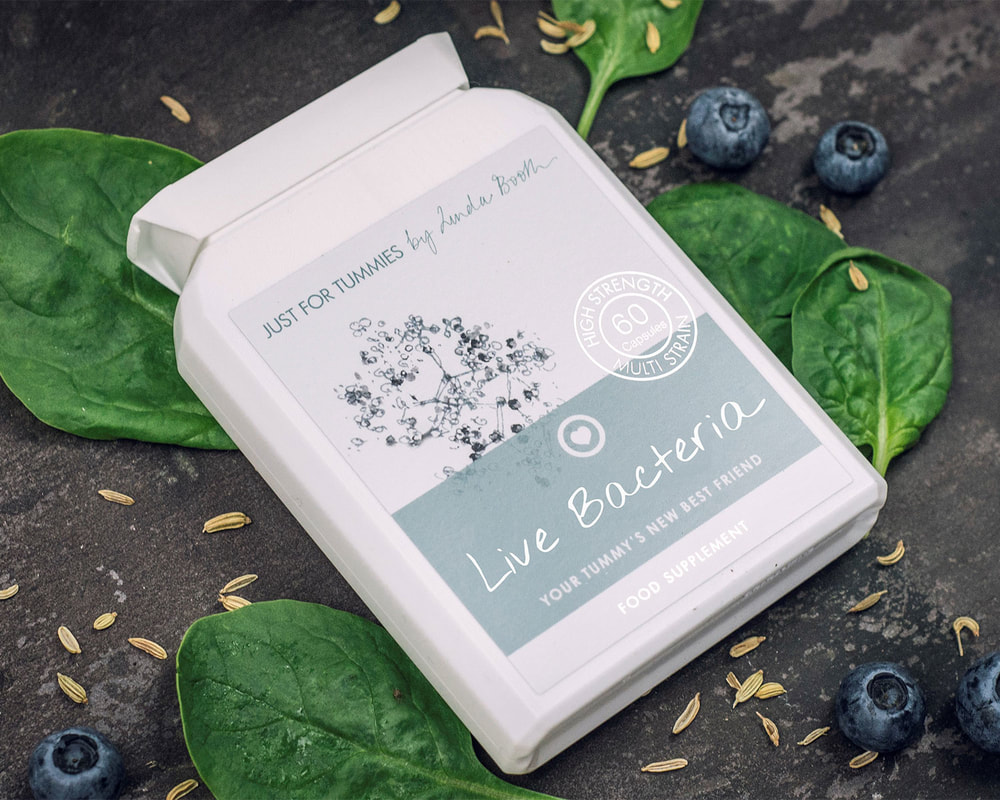

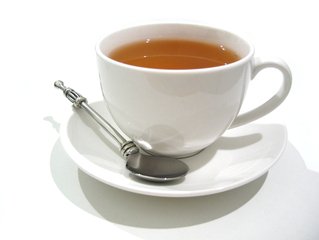
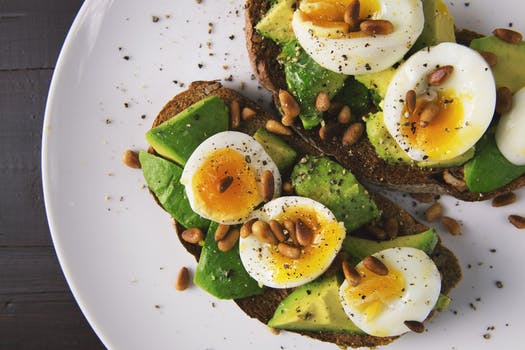
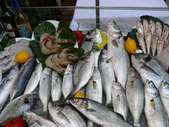
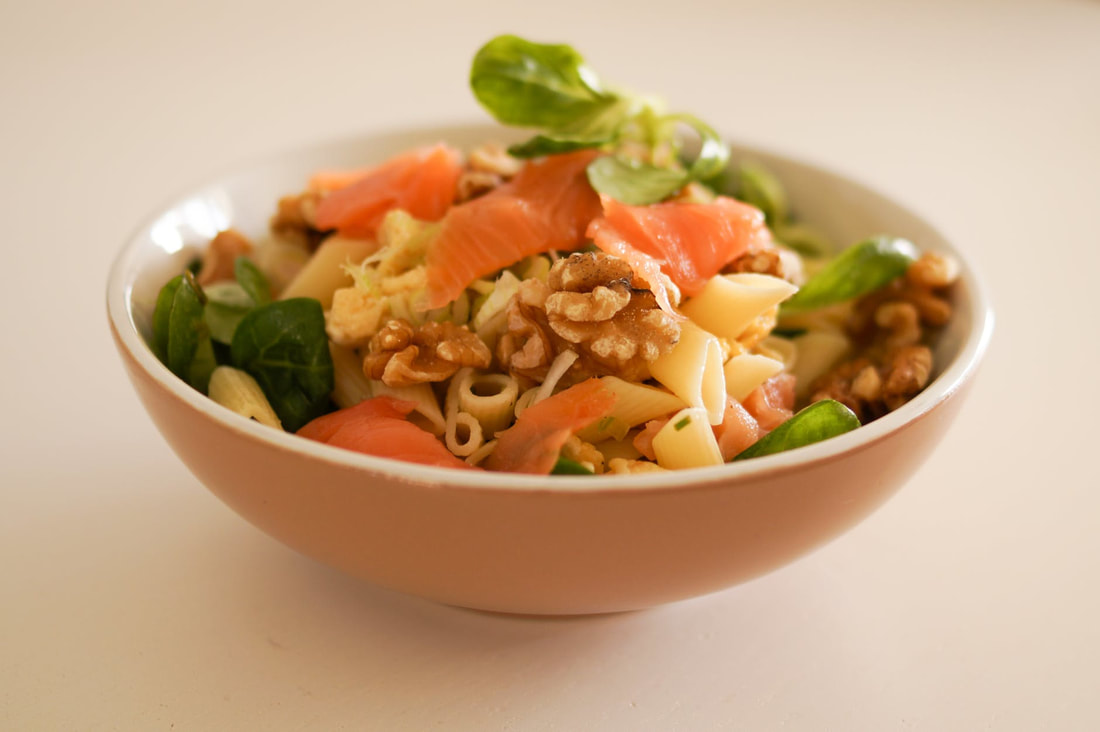

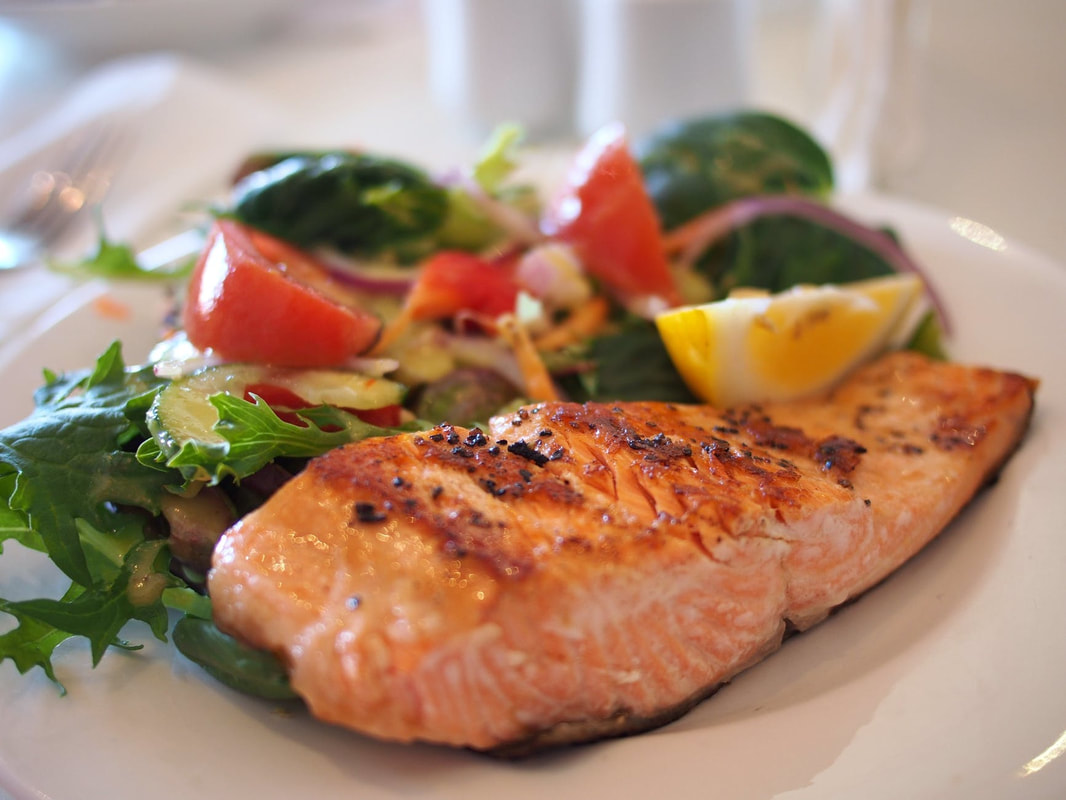

 RSS Feed
RSS Feed